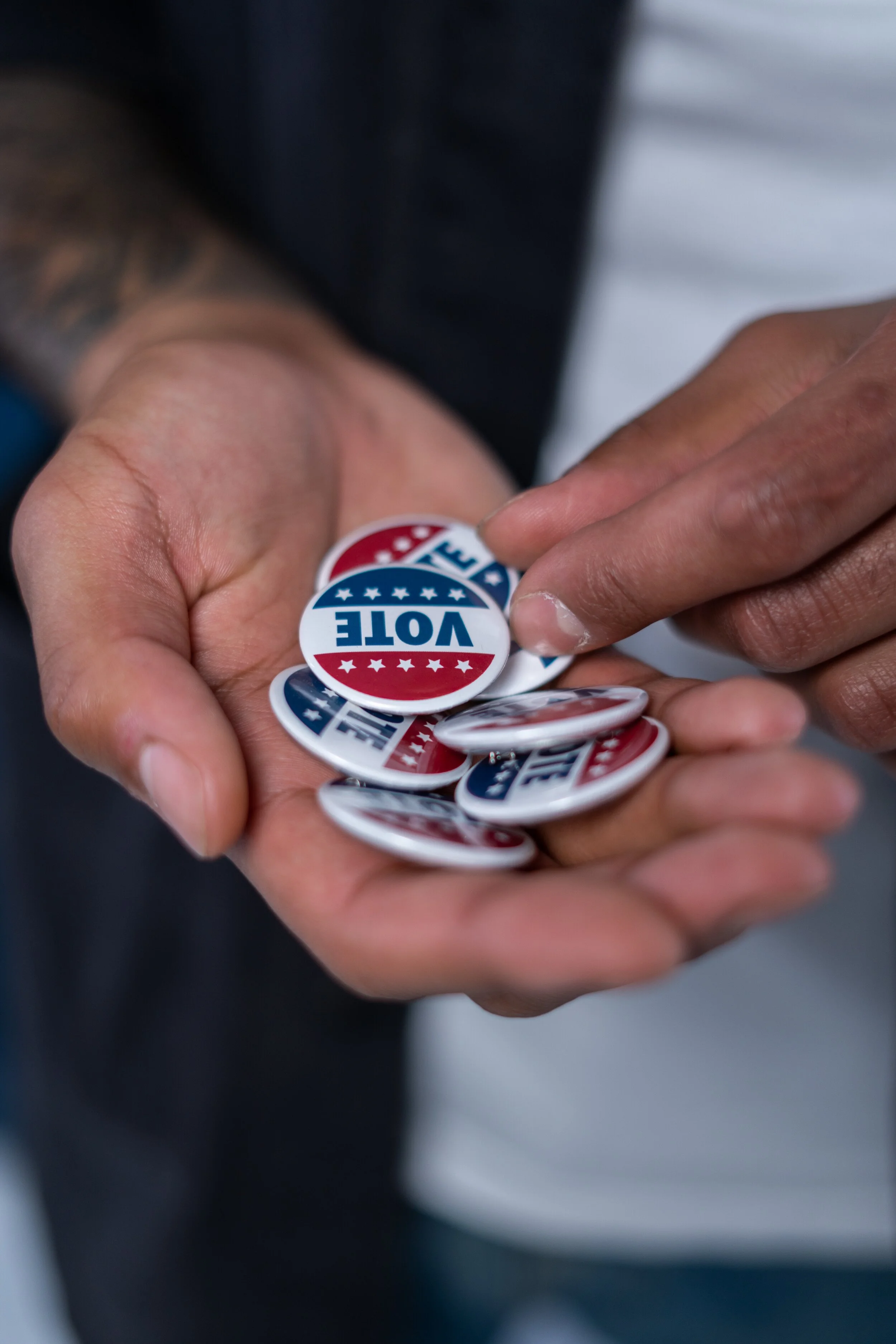Voter Suppression: A Real and Enduring American Issue
February 27, 2012 / By John Boyd / Huffington Post
This week marks the 47th anniversary of "Bloody Sunday," the violent assault by Alabama police and state troopers on peaceful Civil Rights marchers seeking voting rights for black Americans. Yet, even as that landmark event in Selma is recalled in a symbolic repeat of the march across the Edmund Pettus Bridge, a national voter suppression campaign is creeping across the land, through actions by some state legislatures.
Unlike the widespread media coverage of official state brutality against African-American citizens demonstrating for equal rights, the new repression appears to be a lesser issue on the national networks. Instead of tear gas and Billy clubs, the weapons of choice today are loose allegations of voter fraud. Many states have claimed hundreds of instances. In South Carolina, for example, the attorney general reports finding many voters on the roles who were dead! Similar allegations were made in Alabama, where to date only three actual cases of voter fraud were found.
Some 32 states have legislation pending or passed to supposedly prevent fraud, but in fact they make it difficult for blacks and other minorities to VOTE. Why now? Why the sudden panic over voter fraud, and reactionary requirements that voters show drivers' licenses, or, as in Virginia demanding voters to present a current voter ID card?
These are transparent 21st century versions of the old literacy tests and poll taxes, which were outlawed by the 1965 Voting Rights Act, passed by Congress and signed by President Lyndon Johnson after the embarrassing fiasco in Selma that spring.
Fraud is a common Republican tool for denying justice to black and other minorities. I spent years on Capitol Hill working a bill through Congress that would give 80,000 black farmers restitution for decades of discrimination. Republicans waved the flag and stalled the bill for nearly a year, claiming the farmers' cases where 90 percent fraudulent.
Who is affected by the new and proposed laws? Poor, black and other minority groups will be the ones mainly affected by the new laws in various states, along with voters who are elderly, away from home in college or live in rural areas
Americans often boast about the participatory nature of our political system, but history shows that that has been an empty claim in many ways. Jim Crow reigned for a hundred years after the three Civil War-era constitutional amendments brought black people freedom, citizenship and voting rights (for men). Separate but (not) equal laws were pervasive in most southern states. Laws that required blacks to pay poll taxes to access their legal right to the vote were enforced without shame. Our laws are admirable, but they must be enforced vigilantly.
A quarter of a million new black voters registered in just six months after the lifting of barriers by the 1965 Voting Rights Act. A year later all but four of the 13 southern states had registered more than half of their black voters, aided by federal examiners required under the Act. The law was reinforced and extended in 1970, 1975, and 1982. Clearly it is still much needed.
This is no time to drop our guard. Here we are in the year 2012 still requiring blacks, the poor and other minorities to jump through hoops to vote. Eliminating fraud in voter registration is a convenient smokescreen for suppressing the votes of people who likely can send President Obama back to the White House for another four years.
These recent laws should be even more motivation for minorities to go to the polls in record numbers in this year's presidential election. And while we are rightfully celebrating the history of Bloody Sunday, let's step up the movement to send those elected officials home to roost who want to deny minorities the right to vote.
